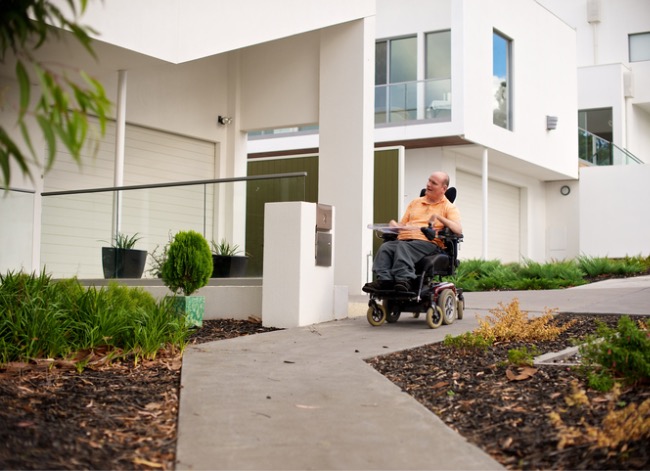We may earn revenue from the products available on this page and participate in affiliate programs. Learn More ›
Sellers may be surprised to find real estate agents describing their homes in new ways. To comply with Fair Housing laws, agents strive to identify and eliminate terms that might be considered discriminatory. While the following terms do not necessarily violate Fair Housing laws, they are increasingly considered insensitive and exclusionary. Real estate regulatory boards around the country are taking steps to discourage their use.
Master Bedroom
You’ll still spot this one occasionally, but some local real estate boards are clamping down on its use based on the idea that the term “master” is reminiscent of the slavery era. It can also be perceived as sexist. More inclusive descriptors include “primary bedroom” or “main bedroom.” That also applies to the former “master bathroom” It’s now a “primary bathroom,” an “ensuite” or a “connected bathroom,” depending on the home’s layout.
Bachelor Pad
Small condos, apartments, and houses were often referred to as bachelor pads to indicate they were only large enough for one or two residents. But that may suggest that different family types aren’t suitable, such as single-parent households. Better ways to describe this type of space are to use terms such as “small,” “cozy,” or “compact” and then list the actual square footage. Buyers can then decide if it’s the right size for them.
Within Walking Distance
The phrase “within walking distance” was often used to describe a house near a park, school, or shopping area. Still, its usage can be interpreted as excluding those in wheelchairs or those who are otherwise mobility-challenged. A more suitable way to get the point across is to say the house is located “three blocks from restaurants.”

Mother-in-Law Quarters
A small casita set in the backyard or a wing of a house suitable for independent living has been called “mother-in-law’s quarters” or “mother-in-law suite” for decades. However, today’s real estate boards feel that that term may be offensive to those who live in non-traditional families. A more inclusive way to describe the space is to call it a “guest house” or “bonus quarters.”
No Children
The only time agents can advertise a house as not appropriate for children is when it’s a part of a designated retirement community where most residents are of retirement age or older. If not, the term violates Fair Housing rules because it discriminates against families with young children. It’s better to describe the home as being part of a “retirement community” than to say “no children” or “adults only.”

Handicap-Accessible
The Americans with Disabilities Act (ADA) has been instrumental in enacting positive changes in building codes and public services to accommodate those with mobility challenges. Still, some may find the terms “handicapped” and “disabled” discriminatory. Most real estate agents will now describe a home with exceptional amenities as having a “universal design” or will simply use “accessible.”
His and Hers
Formerly used to denote two vanities in a bathroom or two closets in the primary bedroom, “his and hers” descriptors suggest a traditional male/female living arrangement. Real estate agents can better describe these amenities as simply “double” or “dual.” Likewise, a thoughtful description will not refer to a kitchen as being ideal for the “lady of the house.”



